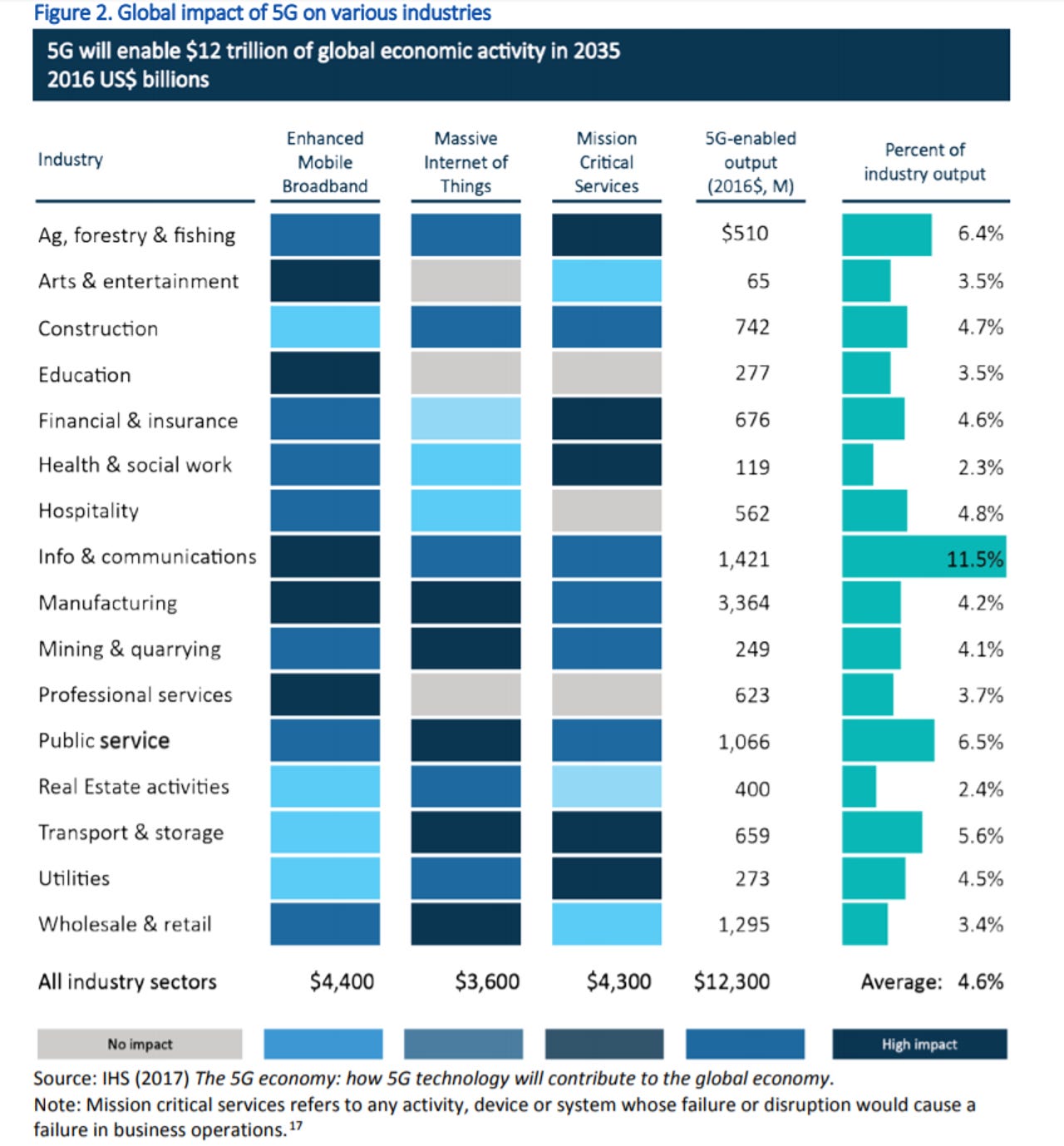Fifield launches 5G paper, 'confident' on NBN HFC optimisation


Australian Communications Minister Mitch Fifield has announced the launch of a new Bureau of Communications and Arts Research paper on 5G.
Speaking during the CommsDay Summit in Sydney on Monday morning, Fifield said the paper is the next phase of the work being done by the government's 5G Working Group on the impact of 5G on agriculture, health, and autonomous vehicles.
"Today, further to this work, I'm pleased to release a new paper that examines the potential impact of 5G on productivity and economic growth," Fifield said.
"The Bureau of Communications Research paper was one of the first items considered by the working group when it met earlier this year."
Impacts of 5G on productivity and economic growth: April 2018 Working paper [PDF] estimates that 5G will improve multifactor productivity (MFP) by adding between AU$1,300 and AU$2,000 in gross domestic product per person within a decade after being rolled out.
"This estimate of the economic benefit is likely to be conservative in that it does not fully take into account the consumer and non-market benefits that are not captured in economic statistics," the paper adds.
"These include cost and time savings for households arising from 'smarter cities' and the indirect effects from improvements in health services on participation and productivity, both enabled by better mobile telecommunications.
"The sharing economy (which harnesses household assets for market production) is also likely to increasingly blur the line between productive and household sectors in terms of the drivers of output, innovation, and productivity growth. As with any transformative digital technology, there may also be distributional effects within and between industries, and across society, as resources are reallocated. This paper has not been able to address these impacts in detail, given the uncertainties about how 5G will affect different industries."
While examining the benefits to the health industry, the working paper also addresses the potential costs of building out 5G networks, breaking them down into low-cost, medium-cost, and high-cost cases.
According to the bureau, a low-cost case would cost approximately AU$5 billion in non-dwelling construction investment; AU$0.5 billion in research and development (R&D) across the information, media, and telecommunications sectors; and a 5 percent increase in electrical and electronic equipment costs.
A medium-cost case would involve a AU$10 billion non-dwelling construction investment, AU$1 billion R&D investment, and a 10 percent rise in 5G-enabled equipment costs; and a high-cost case would see AU$25 billion in non-dwelling construction investment, AU$2.5 billion in R&D spending, and a 20 percent increase in 5G-enabled equipment costs.
Fifield also used his speech on Monday to say the National Broadband Network (NBN) company will be putting its foot "back on the accelerator" following its pause in selling hybrid fibre-coaxial (HFC) services.
Fifield said the government and NBN are positive the HFC pause will lead to improved migration and service experiences for customers.
"We are confident that when the NBN pause is over and we hit the restart button, the HFC optimisation will deliver a great experience," the minister said.
"It will make for a much smoother migration for the remainder of that footprint. Importantly, the pause has allowed more infill lead-ins to be built, which will ultimately make the connection process less complicated."
Speaking to ZDNet over the weekend, NBN's chief network engineering officer Peter Ryan had said the company is "very happy with some of the earlier results we're seeing out of the areas that we have remediated" in the HFC footprint.
"I can tell you that we remain on course to start to release new footprint back into the market, in that average six- to nine-month time period, which puts it in the back half of this year," Ryan said on Sunday in an interview with ZDNet during the launch of its fibre-to-the-curb (FttC) network.
"We hope to start testing our new processes around about the middle of this year as we seek to relaunch a little bit of footprint as part of a business test in the May-June period."
Speaking on the departure of NBN CEO Bill Morrow, Fifield on Monday said he has "done an incredible job", and will be a "great loss to the business when he departs later this year".
"The NBN has been one huge learning process for everyone involved," Fifield remarked, noting that it has been 10 years since the words "National Broadband Network" were uttered by a politician.
Lastly, Fifield also used his speech on Monday to point to the regulatory work the government is doing on telecommunications, including the RadComms Bill, which he said would be introduced to Parliament later this year, and the incoming Universal Service Guarantee, which will replace the current Universal Service Obligation once the NBN is rolled out.
Related NBN Coverage
Telstra CEO Penn pushes NBN customer satisfaction
Telstra has announced its new in-home Wi-Fi coverage booster and 30-day NBN satisfaction guarantee, with CEO Andy Penn saying current pricing is 'unsustainable' for retailers.
NBN has launched its fibre-to-the-curb network, with around 1,000 premises in Coburg, Melbourne, and Miranda, Sydney, now able to order services capable of 100/40Mbps speeds.
ACCC wants baby NBNs competing for customers and upgrading networks
When NBN Co is eventually sold off, the ACCC wants it broken into pieces and forced to battle for customers.
NBN underlying issues remain for rural rollout: NT government
The NT government has repeated arguments that Sky Muster cannot meet the broadband needs of rural Australians, with Viasat pointing out options to improve the service, while Aussie Broadband again called for a halt to the fixed-wireless network until congestion is fixed and Vodafone asked for spectrum sharing.
NBN CEO Bill Morrow stepping down
Bill Morrow will be leaving the role of NBN CEO by the end of 2018, the company has announced.
Server deployment/migration checklist (Tech Pro Research)
One configuration error or overlooked step can send your server deployment off a cliff. This checklist will help you complete the process efficiently and avoid costly mistakes.